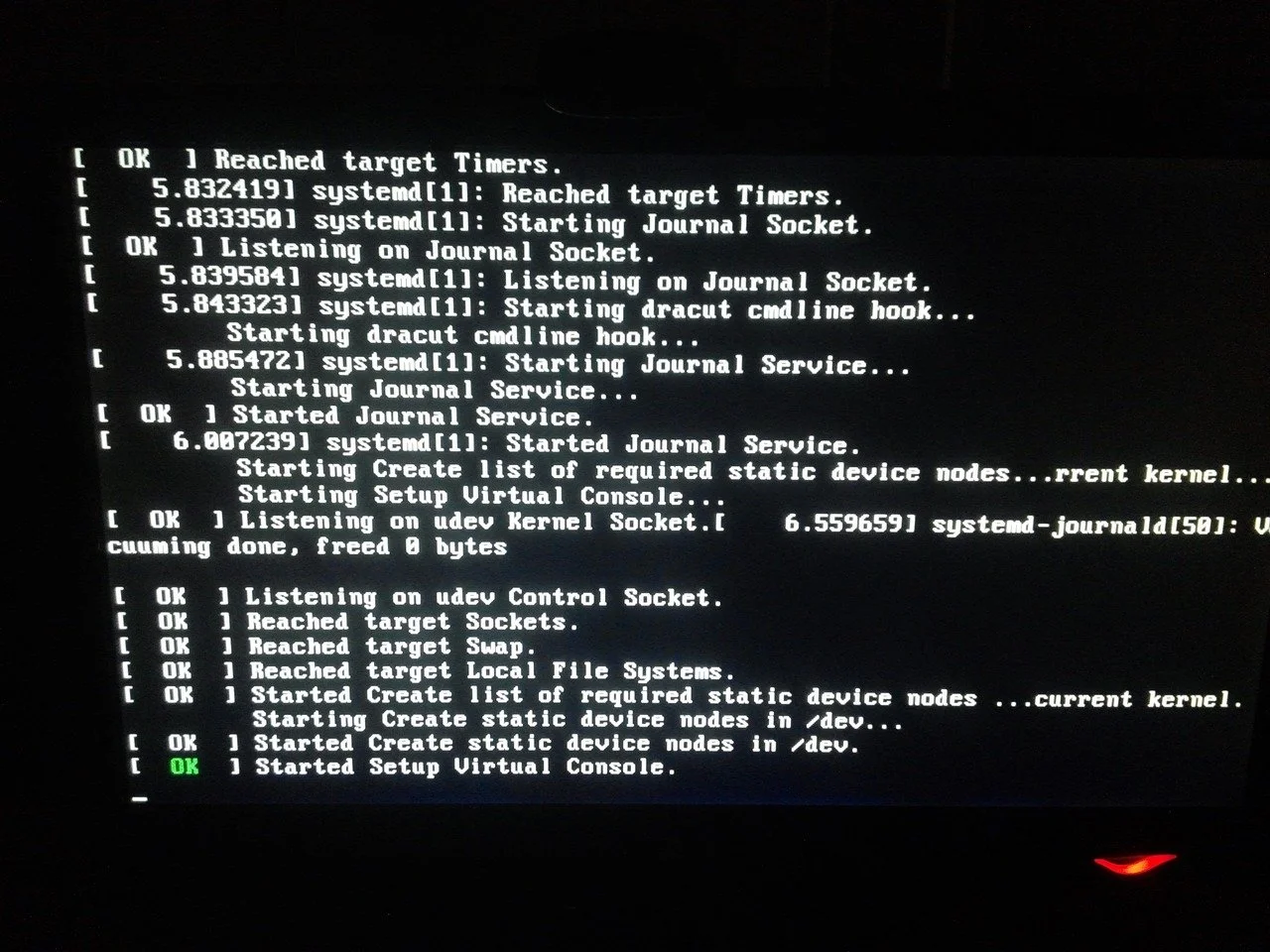
Explore Our Classes
Standard Courses
Our Standard classes feature multiple days of hands-on learning with our flagship automation software suite. These classes help you get started with using ICONICS software as quickly as possible.
GENESIS64 Introduction
The GENESIS64 Introduction course is a 4 weeks course designed to provide students with fundamental knowledge of the standard HMI/SCADA development and maintenance of an ICONICS GENESIS64 system. This course will include core topics for SCADA systems from project configuration to data acquisition, security configuration, visualization, and alarm generation. The instructor(s) will help students become familiarized with the configuration environments as well as provide key insight on how to use the various tools in real project applications. Valuable hands-on lab exercises guide students through building and modifying the HMI/SCADA platform.
GENESIS64 Extended
This 5-day course will provide an understanding of the standard HMI\SCADA development and maintenance of an ICONICS GENESIS64 system. It covers all of the core fundamentals which are covered in the GENESIS64 Introduction course, with more in depth discussion of certain advanced topics and configuration tools. The instructor(s) will help students become familiarized with the configuration environments as well as provide key insight on how to use the various tools in real project applications. This will include the core topics for SCADA systems such as graphical UI design, web publishing, asset organization, alarm generation and logging, data logging, and application security. It will also include several vitally useful helper modules and components designed to expedite system deployments.
Specialized Courses
Our Specialized courses feature more in-depth coverage of specific topics for your use-case. These courses are recommended for those who already grasp the fundamentals of project management and data connectivity with ICONICS products.
Hyper Historian
This course will provide an in-depth understanding of Hyper Historian. The instructor(s) will guide students through features related to data processing based on calculation and aggregation, multi-server and redundant architectures, project scalability, data export and 3rd party interfaces, and performance improvement.
Analytics Solutions
This advanced-level course is designed to provide a more profound understanding of ICONICS Analytics products. It is designed for students who have some experience with GENESIS64 and basic knowledge of SQL queries, and who seek to familiarize themselves with the powerful data analytics capabilities within modules of the ICONICS suite. Specific ICONICS products used during this course include AnalytiX-BI, Fault Detection and Diagnostics, Energy Management and Energy Analysis, Statistical Process Control, and ReportWorX64.
Productivity Workflows
This advanced-level course is designed to equip participants with the latest bridging tools to implement data orchestration and integration tasks that adhere to various business logics. The instructor(s) will guide students through features including BridgeWorX64, Workflows, CFSWorX, ReportWorX64 and Schedules.
IoT Communications
This course is designed to provide a fundamental understanding of ICONICS components and capabilities related to Internet of Things (IoT) and cloud-based solutions. The course will focus on the varying protocols and methodologies used to access data in cloud-based systems, and will cover Publish-Subscribe model subscriptions, IoTWorX gateway provisioning and data publishing, and REST API integration options to leverage standard ICONICS applications and Microsoft Azure services in the cloud.
System Integrator Skills
This advanced-level course is designed for ICONICS SIP members to equip themselves with the in-depth knowledge regarding the tools and techniques needed to optimize an ICONICS system deployment and subsequent management. The course will cover the key elements necessary to design and configure a professional solution. It begins with information related to project security, bulk configuration, and scalable architecture design, and goes on to cover the entire scope of project development including considerations for project security, project versioning, and licensing models.






